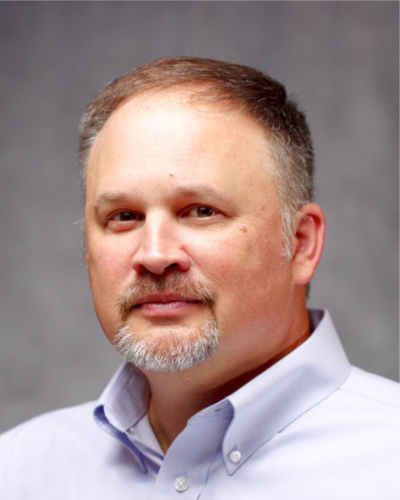
Raymond H. C. Teske III, JD
Professor of Practice, Assistant Director RFD Program, Undergraduate Advisor of Record, Finance
Contact
- BB 4.06.30B
- 210-458-7333
- ray.teske@utsa.edu
Bio
Professor Teske is dedicated to shaping the next generation of real estate professionals. With his experience as an attorney and a Texas real estate broker, and through his mentorship and guidance, students are equipped not only with theoretical knowledge but also with practical insights crucial for success in the dynamic real estate field.
Beyond the classroom, Teske actively engages with industry professionals, maintaining a strong network and staying attuned to the ever-evolving real estate market. His collaborations with industry partners and involvement in professional associations further enrich the educational experience he provides to his students.
Teaching
Professor Teske’s primary responsibility is teaching real estate courses in the Embrey Real Estate Finance and Development Program, notably
-Principles of Real Estate
-Real Estate Law
-Principles of Construction for Real Estate Professionals
-Real Estate Decision Making
He also supervises students completing a real estate internship. In addition to real estate courses, Teske teaches Legal, Social and Ethical Issues in Business, and Effective Negotiating.
Degrees
- JD South Texas College of Law
- MBA The University of Texas at San Antonio (Executive MBA)
- BA Baylor University
Publications
- “I'm in the Band, Now What Do I Do? An Analysis and Application of Business Law Principles to the Formation and Operation of a Band,” with R. Sandoval and L. A. Bruner, Southern Journal of Business and Ethics, Vol. 3, 2011, p. 87.
- “Warning: Authorized Use of This Product As Intended Will Render It Useless and Result in Criminal and/or Civil Prosecution… Maybe,” with C. R. A. Hallam and R. Sandoval, Southern Law Journal, Vol. 21, 2011, p. 71.
- “The Gray Box: An Organizational Decision-Making Tool for Inclusive Ethics Considerations in Strategic Business Issues and Analysis,” with C. R. A. Hallam, Southern Journal of Business and Ethics, Vol. 1, 2009, p. 114.

